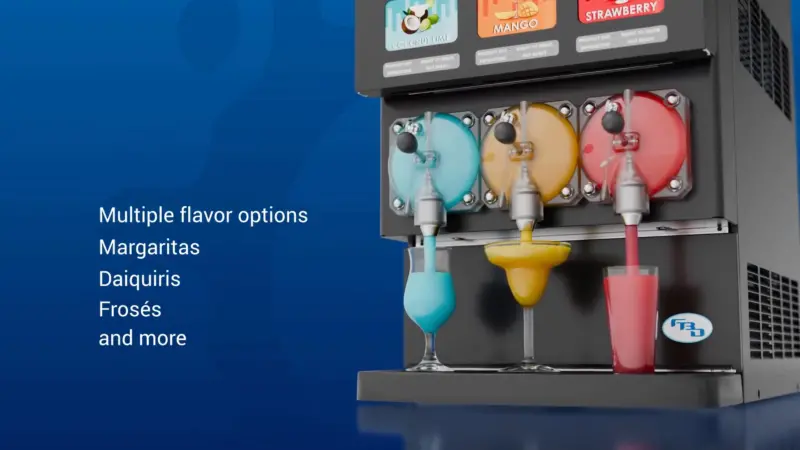The Legal Issues Restaurants Need to Face Head on in 2022
Pooja Nair, Partner at Ervin Cohen & Jessup LLP, is not only a business litigator for the food and beverage sector; she’s a problem solver. Through her work, Nair advises food and beverage clients, startups, and other businesses on a full range of issues, from employment and trade secrets to partnership disputes, intellectual property, and contract negotiations. She joined The Main Course’s Barbara Castiglia to discuss the state of the restaurant industry today and what, from a legal standpoint, restaurants need to know for 2022.
In the past two years, one of the primary concerns for restaurants is the pandemic and the ever-changing restrictions, guidelines, and mandates. Restaurants have a lot to keep up with, ensuring safety while attracting customers and not alienating customers and staff.
“As everyone’s known since 2020, unfortunately, things are changing almost every day, so it’s very difficult for restaurants to have any predictability,” Nair said. “The number one thing is to be aware that the federal guidance, state guidance, and local guidance is changing all the time, sometimes on a daily basis.” The most important regulations for restaurants to be aware of are at the state level.
Nair felt some guidance, no matter the mandate, could prove challenging to enforce regarding customers and masks. “It’s almost untenable to monitor what a customer is doing all the time, especially if they’re taking off their mask to dine.”
Another concern for restaurants is what to do if there is a COVID outbreak amongst staff. Castiglia wanted to know how restaurants should deal with such a scenario and any potential liability issues.
“This is the question I’ve been getting most of the time,” Nair said. “And, in terms of what the regulations say, it’s a total mess. The CDC issued guidelines that we all heard about that say five days of isolation, and then after those five days, you can wear a mask consistently, but you are able to be out. OSHA is still going by ten days, and neither of those requirements requires a negative to return to the workplace, but an employer can require that an employee test negative.”




